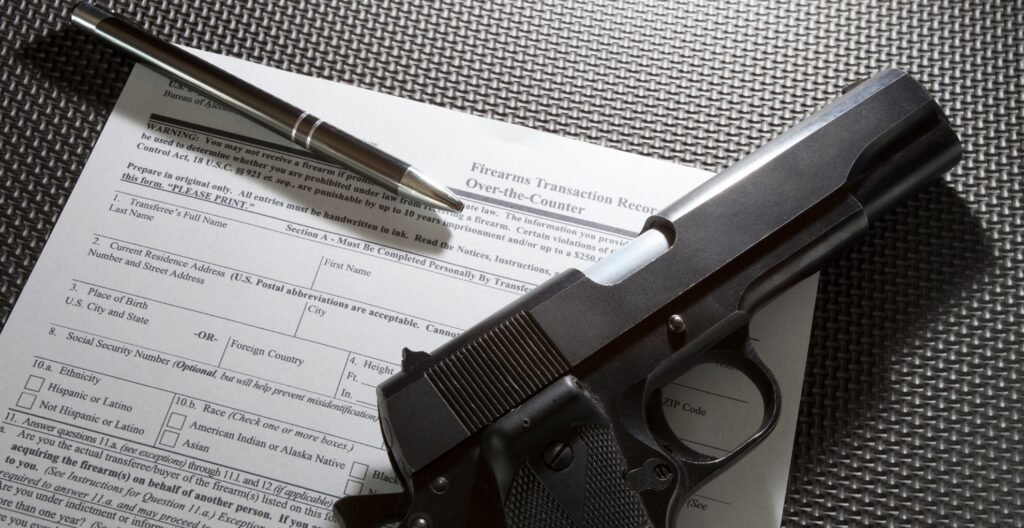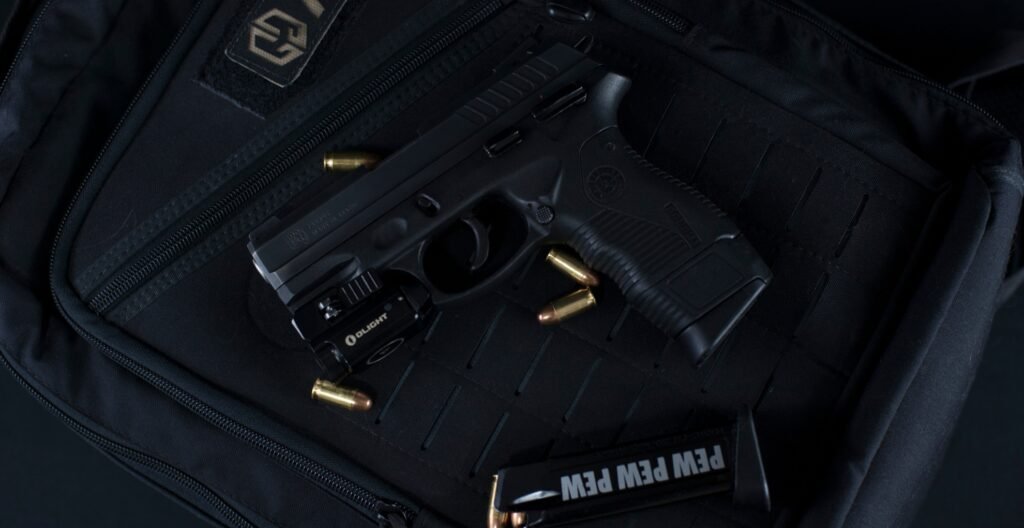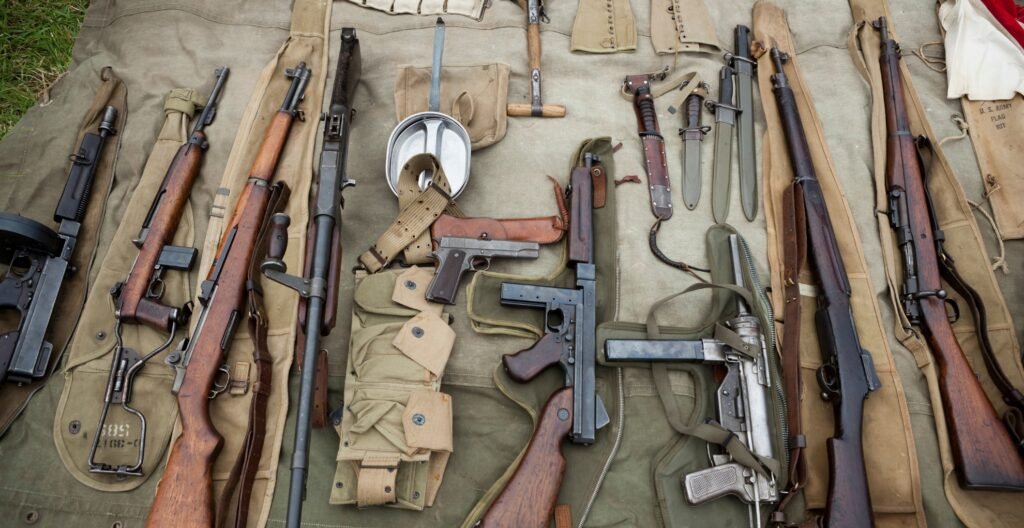Table of Contents
On the vast expanse of international waters, the safety of crew and passengers is paramount, and cruise lines take this responsibility seriously. It is better to understand do cruise ships have armed security. Trained security professionals, including cruise ship security officers, work diligently to maintain a secure environment. While the presence of armed guards on board is not standard, some vessels may employ them when traversing high-risk areas such as the Gulf of Aden. Additionally, defensive equipment like sonic boom weapons may be utilized to deter threats, reflecting the shipping industry’s commitment to safety without resorting to lethal force.
The staff captain oversees all security operations, ensuring that crew-only areas are safeguarded and security awareness is ingrained within the crew’s routine. Though not commonly armed, the trained security personnel are skilled in various tactics to protect the ship and its inhabitants. Their discrete yet effective presence is a testament to the intricate security measures woven into the fabric of maritime travel.
Understanding Cruise Ship Safety Protocols
Cruise companies invest heavily in the development and implementation of comprehensive safety protocols. These measures are designed to protect both guests and crew from a variety of potential risks, ensuring that everyone can enjoy their journey with peace of mind. From rigorous crew training to the deployment of advanced technology, every aspect of cruise safety is meticulously planned and regularly reviewed to uphold the highest standards of maritime security.

The Role of Security Personnel on Board
Security measures on cruise ships are multifaceted, with security personnel playing a critical role. These professionals conduct security assessments, monitor CCTV cameras, and are involved in every aspect of maintaining order, from boarding the cruise ship to managing onboard incidents. Their security responsibilities extend to ensuring the safety of guests and crew members, vigilantly addressing potential risks and conducting security checks throughout the voyage.
Prohibited Items: Beyond Firearms
In the United States and beyond, cruise lines enforce strict policies on prohibited items to ensure onboard safety. Among these items, firearms rank high on the list, reflecting a unanimous stance across the industry. These regulations are enforced to prevent any potential harm to passengers and crew, with safety as the foremost priority. Passengers are educated about these restrictions before their voyage to guarantee compliance and a secure environment for all.
How Cruise Ships Respond to Emergencies at Sea
Trained security teams are pivotal when responding to emergencies at sea. Their rigorous preparation enables them to act swiftly and efficiently, coordinating with the captain and crew to manage the situation. Drills and training exercises are conducted regularly to ensure that the response to any emergency is second nature, thereby safeguarding the well-being of everyone on board.

Firearms and Cruise Lines: A Complicated Relationship
The relationship between firearms and cruise lines is marked by stringent regulations. Prohibited items, including guns, are banned to promote a secure and peaceful environment. The United States, along with other countries, supports these measures, recognizing the unique challenges of maintaining safety in a closed, mobile environment. Cruise lines are steadfast in their commitment to these policies for the benefit of all passengers.
The Policy on Passenger-Owned Firearms
Cruise lines uniformly prohibit passengers from bringing firearms on board. This policy is a critical component of the overarching security strategy, intended to prevent any incidents that could compromise the safety of those on the ship. The United States backs these preventive measures, with cruise lines ensuring that passengers are well-informed about the restrictions to uphold a weapon-free environment.
Consequences for Violating Cruise Ship Weapon Policies
Bringing a firearm or any gun on a cruise ship is a serious violation of cruise line policies. Violators face severe consequences, including disembarkation, legal action, and being banned from future travel with the line. Port laws also come into play, potentially resulting in additional legal repercussions. Cruise lines enforce these rules without exception to maintain the highest level of safety on board.
Navigating the Law: Firearms on the High Seas
The legal landscape regarding firearms on cruise ships is complex. Cruise lines operating in and out of the United States must navigate a web of international and domestic laws. While maritime law offers general guidance, each cruise line adopts its policies that often exceed legal requirements, prioritizing the security and peace of mind of its passengers.
Maritime Law and Weaponry Regulations
Maritime law plays a significant role in shaping the policies of cruise lines regarding weaponry. These international regulations help create a standardized framework for safety and security at sea. Cruise lines often adopt strict no-weapon policies to ensure compliance with these laws, maintaining a secure environment for all on board.
Port Laws and Their Impact on Cruise Security
As vessels enter different jurisdictions, trained security teams must be aware of and comply with varying port laws. These regulations can affect security protocols on board and are an essential consideration for maintaining the safety of passengers and crew. Knowledge of these laws ensures that the ship’s security measures are both effective and legally sound.

Security Measures Against Maritime Threats
Cruise lines are proactive in implementing security measures to mitigate maritime threats. Individuals who may pose a risk are subject to scrutiny and may be denied boarding the cruise ship. Rigorous checks are conducted before allowing passengers to board cruise ships, and continuous monitoring is employed throughout the voyage to maintain a secure environment for everyone on board.
Protocols in Place for Piracy and Other Threats
Cruise lines have established protocols to address piracy and other maritime threats. These include strategic route planning, maintaining safe distances from known danger zones, and implementing evasive maneuvers when necessary. Collaboration with international maritime security forces also enhances the protection of the vessel and its passengers against such risks.
Armed Security Presence: Fact or Fiction?
While armed security on cruise ships is not the norm, certain high-risk areas may necessitate an armed presence. Cruise lines discretionarily deploy armed guards in specific situations to ensure the safety of passengers and crew. This practice is not widespread and is typically reserved for crossings where the threat level is elevated, such as pirate-infested waters.
Law Enforcement and Special Circumstances
There are unique scenarios where firearms on cruise ships are permitted, such as when law enforcement officers with the authority to carry firearms are on board. These officers may carry firearms by international regulations and with the cruise line’s knowledge and consent, provided it is essential for their official duties and does not compromise the mental health and well-being of passengers.
Law Enforcement Officials on Board
Law enforcement officials may be permitted to carry firearms on cruise ships when their presence is part of a coordinated security detail, or when they are required to be armed due to their duty status. This is an exception made with the safety of passengers in mind and often involves additional protocols to ensure firearms are handled responsibly. Mental health checks and rigorous training are part of the stringent criteria that officers must meet to carry firearms on board, reflecting the cruise lines’ commitment to safety and security.

The Enigma of Onboard Entertainment and Firearms
In balancing the excitement of onboard activities with safety, cruise lines often face the unique challenge of incorporating firearms into entertainment. Certain shore excursions, for example, might offer controlled hunting experiences or visits to shooting ranges. However, these are carefully managed to align with the cruise lines’ stringent safety protocols and the legal frameworks of the destinations visited, ensuring a secure environment for all guests.
Sport Shooting Events on Cruise Ships
Some cruise lines offer sport shooting events such as skeet shooting, where passengers can try their hand at hitting clay pigeons launched into the air. These events are held under strict supervision with safety as the paramount concern. Trained professionals oversee the use of shotguns and ensure that all participants adhere to safety regulations, making for an exhilarating yet secure recreational activity at sea.
Shore Excursions Involving Firearms
Shore excursions that involve firearms are carefully vetted and managed by cruise lines to ensure compliance with local laws and safety standards. These activities, offered as part of the cruise experience, might include guided hunting trips or visits to shooting ranges on land. Cruise lines collaborate with reputable partners to provide these experiences, maintaining a focus on safety and legal compliance for their guests’ peace of mind.

Cruise Ship Captains and Weapons
Cruise ship captains hold significant authority, including decisions related to weapons on board. In extraordinary circumstances, a captain may determine that armament is necessary as part of the ship’s security plan. This decision is made in conjunction with maritime laws and the cruise line’s policies, ensuring that any armament is strictly managed and used only when essential for the safety of everyone on board.
Commanding Officers’ Authority and Armament
In the realm of maritime security, commanding officers have the authority to implement a security plan, including the decision to arm the ship’s personnel if deemed essential. These decisions are made after conducting rigorous security inspections and assessments of potential threats. Commanding officers must balance the need for protection with the overarching commitment to conducting security measures that prioritize the well-being of passengers and crew.
Security Guards Versus Armed Guards
While security guards are a common presence on cruise ships, ensuring the safety of guests, the employment of armed guards is less typical and highly regulated. Armed guards are deployed only when necessary and under strict protocols. Their presence underscores a commitment to the safety of everyone on board, with each armed guard thoroughly trained to handle situations discretely and effectively.
The Duties of a Ship Security Officer
A ship security officer is responsible for developing a comprehensive security plan and conducting regular security inspections to safeguard the vessel. This officer ensures that all safety protocols are in place and that the crew is trained to respond to security threats. Their vigilance and expertise are vital to maintaining a secure and hospitable environment for passengers as they enjoy their seafaring adventures.
Safeguarding Your Journey: Do Cruise Ships Have Armed Security
The cruise industry is committed to the safety and security of its passengers. These floating resorts have a comprehensive security plan that includes trained personnel adept at handling a wide range of scenarios. From preventing the smuggling of illegal drugs to thwarting the efforts of those bringing a gun on board, the security operations work tirelessly to ensure a secure environment. Passengers can indulge in onboard purchases and enjoy the amenities without worrying about their well-being.
Integral to the cruise vessel’s security and safety measures are the protocols against threats such as pirate attacks. While it’s not widely advertised, some cruise ships employ armed security personnel who are prepared to respond to such emergencies. This hidden cache of defense is part of a layered approach to security, which ensures that guests and crew can traverse the seas with confidence. The essence of cruise ship security lies not just in the presence of these guards, but in the dedication to a safe, seamless journey for all.

Hi, I’m Patricia—a lifelong travel enthusiast with a passion for luxury cruises. Over the years, I’ve experienced some of the world’s most celebrated ships and itineraries, and I love sharing my knowledge with fellow cruise lovers. Whether you’re looking for destination ideas, advice on the best cruise lines, or tips for a smooth sailing, my goal is to help you make the most of your time at sea. With two grown children who share my love for travel, cruising has been a family affair, and I’m here to share what I’ve learned.




